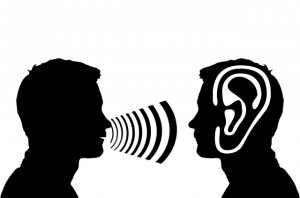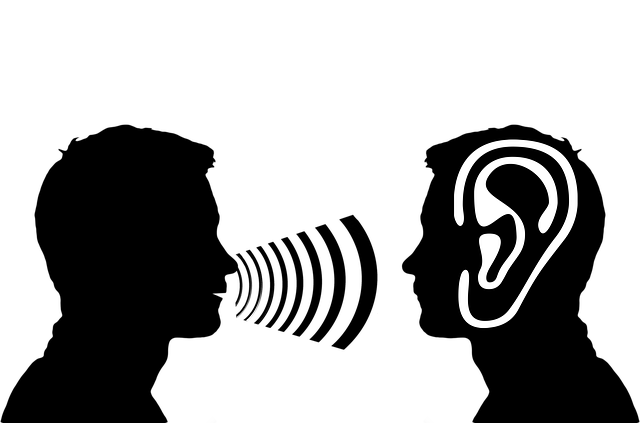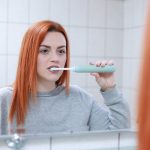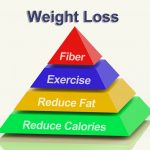Hearing protection is an important aspect of maintaining good health, yet it is often overlooked. Many people are unaware of the dangers of exposure to loud noises and the long-term effects it can have on their hearing. Fortunately, there are natural methods that can be used to protect your hearing and reduce the risk of hearing loss. In this article, we will explore the benefits of natural hearing protection and provide practical tips for reducing noise exposure in everyday life.
The Dangers of Unprotected Hearing
 Exposure to loud noises can cause damage to the delicate structures in your ears, leading to hearing loss over time. This damage can occur gradually or suddenly, depending on the intensity and duration of the noise exposure. Some common sources of loud noises include concerts, sporting events, power tools, and even everyday activities like listening to music through headphones at high volumes.
Exposure to loud noises can cause damage to the delicate structures in your ears, leading to hearing loss over time. This damage can occur gradually or suddenly, depending on the intensity and duration of the noise exposure. Some common sources of loud noises include concerts, sporting events, power tools, and even everyday activities like listening to music through headphones at high volumes.
In addition to hearing loss, exposure to loud noises can also cause tinnitus (ringing in the ears), hyperacusis (sensitivity to sound), and other ear-related problems. These conditions can be debilitating and affect your quality of life.
The Benefits of Natural Hearing Protection
Using natural methods to protect your hearing has several advantages over using medication or other artificial means. For one, natural methods do not have any side effects or risks associated with them. Additionally, they are often more affordable and accessible than medical treatments.
Some natural methods for protecting your hearing include reducing noise exposure, using earplugs, wearing headphones appropriately, practicing good hygiene, eating a healthy diet, and seeking professional help if needed.
Tips for Reducing Noise Exposure
Reducing noise exposure is one of the most effective ways to protect your hearing naturally. Some practical tips for reducing noise exposure include turning down the volume on electronic devices like TVs and music players, avoiding noisy environments like construction sites or busy streets, and taking breaks from loud activities like mowing the lawn or using power tools.
Using Earplugs to Reduce Noise
Earplugs are a simple and effective way to protect your hearing in noisy environments. There are many different types of earplugs available, including foam, silicone, and custom-molded earplugs. It is important to choose the right type of earplugs for the situation, as some may be more effective than others at reducing certain frequencies of noise.
Wearing Headphones Appropriately
Wearing headphones for extended periods of time can damage your hearing if not used properly. It is important to follow some basic guidelines when using headphones, such as taking breaks every hour or so, keeping the volume at a safe level (below 85 decibels), and using noise-cancelling headphones in noisy environments.
Practicing Good Hygiene
Maintaining good hygiene can help prevent ear infections and other conditions that can affect your hearing. Some tips for good ear hygiene include cleaning your ears regularly with a gentle solution, avoiding inserting objects like cotton swabs into your ears, and wearing ear protection when swimming or showering.
Eating a Healthy Diet
A healthy diet can also help protect your hearing by providing essential nutrients that support the health of your ears. Some foods that are good for your ears include leafy greens, nuts and seeds, fish, and whole grains. These foods contain vitamins and minerals like vitamin C, vitamin E, magnesium, and zinc that are important for maintaining healthy hearing.
Seeking Professional Help
If you experience any hearing problems or suspect that you may have hearing loss, it is important to seek professional help from a qualified audiologist. They can perform tests to determine the extent of your hearing loss and recommend appropriate treatments or devices to help improve your hearing.
Protecting your hearing naturally is an important aspect of maintaining good health and quality of life. By reducing noise exposure, using earplugs, wearing headphones appropriately, practicing good hygiene, eating a healthy diet, and seeking professional help if needed, you can take steps to protect your hearing and reduce the risk of hearing loss. Remember to be mindful of your hearing and take action to protect it for years to come.








